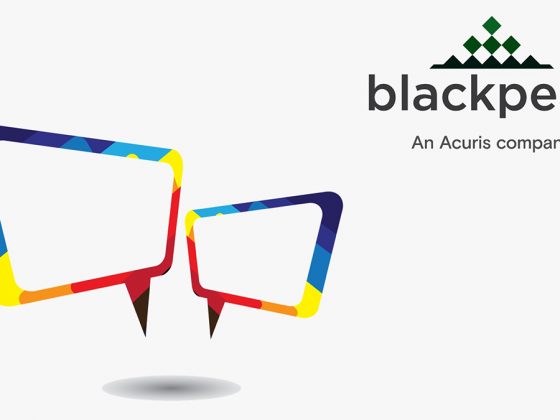Blackpeak is committed to providing the highest level of service to our clients and meeting your needs for high quality research and investigations. How are we delivering on this promise in these uncertain times? Managing Director Jack Clode and Directors Natalie Kwan and Alex Nasr share their insights on the impact of COVID-19 on the research sector and Blackpeak.

Jack Clode
Managing Director

Natalie Kwan
Director of Research

Alex Nasr
Director
1. How has the industry been affected by COVID-19?
Jack Clode:
In times of economic upheaval and uncertainty, investors and companies face greater risk and require even more facts and intelligence to protect themselves. Our global teams are very busy supporting our clients, just as they did during the SARS epidemic in 2003 and the global financial crisis of 2008. The shared stress of the pandemic has brought the Blackpeak team together as never before, and the way we are working collaboratively to support each other, and our clients, is a great source of pride.
Natalie Kwan:
Not much has really been affected in terms of how we do business. While M&A activity has slowed down, businesses want to be ready for when activity speeds up again. This means a constant stream of inquiries.
2. How have we adapted our research methodology?
Natalie Kwan:
Our desktop research is largely unaffected. The Blackpeak team is used to working remotely because much of our work is done on the computer. Some government bodies do offer online resources and our extensive network allows us to cover almost anywhere in the world. We are also finding that sources are more inclined to talk and share information because they are stuck at home, which is providing us with more information for our clients.
Alex Nasr:
Our global footprint and on-the-ground presence in key locations means that our investigative capacity has seen minimal impact from travel restrictions. We have yet to encounter a case where we have been unable to conduct investigative work when necessary. Our capacity to conduct site visits and other on-the-ground investigative work has tended to coincide with the resumption of production and on-site operations more generally. For locations that are on lockdown, site visits may not be possible but under most circumstances would not be meaningful anyway.
3. What do you think will be the consequences for the industry in the long run?
Alex Nasr and Jack Clode:
Companies have been unable to fulfill their contractual obligations as a result of disruptions caused by the virus, which means they cannot deliver what they originally promised. This will cause many companies to invoke force majeure to get out of their contracts, leading to more disputes.
Many companies will unfortunately go bankrupt due to a lack of cashflow from the disruptions. We are also expecting significant changes such as fewer transactions, fewer partnerships (joint ventures), and companies restructuring their business models. For example, many are relocating their productions or cutting costs.
Financial shocks will bring to light pre-existing fraud or accounting problems, as many companies have already been feeling significant financial pressure in recent years. Work from home will also cause a breakdown in many existing checks and balances, potentially resulting in increased opportunities for fraud or misconduct. Finally, companies may be dealing with systemic IT issues, as their employees are working from environments that are not controlled and subject to all sorts of risks.
All of these factors may mean that the due diligence industry will see an increase in activity as companies seek answers to these new problems. Companies will want to know to what extent their suppliers are feeling the strain of the economic slowdown and to what extent they are using this crisis as an excuse. Doing business will become more challenging and thus require more careful due diligence when engaging with new vendors or partners, or finding new opportunities to cut costs and make profits. Work from home challenges will be met by firms seeking ways to mitigate risks associated with remote work, including enhancing IT capabilities and generally finding better ways to do business in this challenging environment.




